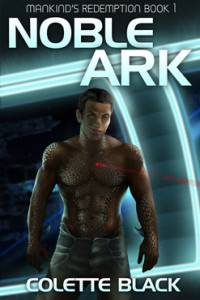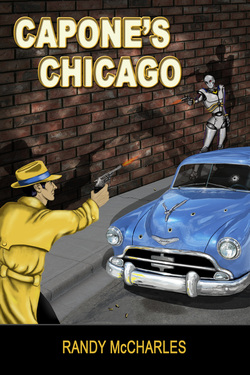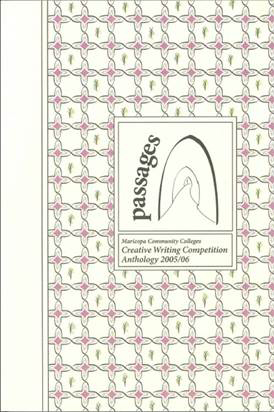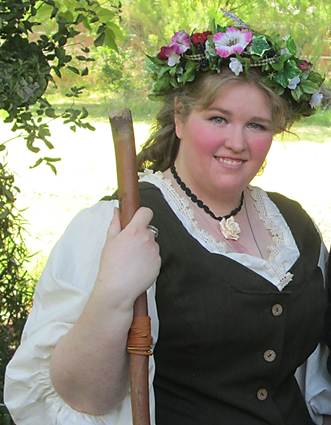 I hope everyone had fun with our themes this month. “Two aliens walked into a bar…” has certainly turned out some interesting pieces. Same prompt, yet every single person wrote with different voice, pov, concepts, and the list goes on. The most wonderful thing about pov, in my opinion, is that every perspective is different. It’s those differences that keep the stories interesting.
I hope everyone had fun with our themes this month. “Two aliens walked into a bar…” has certainly turned out some interesting pieces. Same prompt, yet every single person wrote with different voice, pov, concepts, and the list goes on. The most wonderful thing about pov, in my opinion, is that every perspective is different. It’s those differences that keep the stories interesting.
I’ve been amazed this month, as I’ve come down to the final wire with publishing my first novel, at how much my personal perspectives on publishing have changed. Formatting isn’t so hard, but formatting to the acceptance of multiple retailers is a near-nightmare. Kobo and Ingram Spark were easier than expected, while Smashwords and B&N had some unexpected curves in the road. Amazon was easiest, as expected. Getting a venue for a launch party…no sweat. Getting the word out and getting everything ready, way more time-consuming than I thought. I could go on, but you get the idea. Perspectives change in life and so should the perspectives of our characters. In my newly released novel, Noble Ark, the main protagonist hates all aliens, is head over heels for the handsome man in her life, and thinks she knows the goals that matter most. As circumstances challenge her beliefs, her perspective changes, and she grows as a person. We’ve all experienced this in some way, and we continue to do so on a daily/monthly/yearly basis. We must make sure our characters resonate with that same experience–a changing perspective.
We’ve received some great tips in that regard from our Fictorians as they covered topics like: multiple pov, YA, scene-setting, controlling characters, secondary characters, voice, showing through pov, unfamiliar pov, extraordinary characters, fan etiquette, author-to-fan etiquette, and we’d like to welcome our newest Fictorians member, Kim May, and thank her for fabulous information about selling to small bookstores.
I’d like to also make a special shout out of thanks to our amazing guests this month. Such variety!
Randy McCharles runs some of the conventions we love: How do they choose their guests? Find out.
The librarian perspective was shared by Shelley Reddy.
How does a book review show up on NPR? Ann Cummins knows all about it.
Heidi Berthiaume and Victoria Morris joined forces to explain the essential role of the Book Babe.
Ever wondered about those elusive publishers and editors with the magazines?Joseph Thompson, publisher of Isotropic Fiction, talked to us about the editing, rejection, and acceptance process.
Author of the Ronan Trilogy, Travis Heermann, took us into the reasons to love all types and sources of literature.
The talented Suzanne Helmigh agreed to give us an inside look at the artist’s point of view, telling us,”An artist only needs three things.”
And hanker up a down-home accent, y’all, while you read Guy de Marco’s post about how to understand the crazy stuff we write (and when not to write it).
Now I will close by saying, all of the aliens, in all their varied states, have left the building. Time to shut down the glittering disco ball, turn off the lights, and go home for a good night’s sleep. Join us next month (tomorrow) as Gregory D. Little introduces the hidden gems of the publishing world.



 Randy McCharles Bio:Randy McCharles is an award-winning author of speculative short fiction, and was included in Year’s Best Fantasy 9. In January 2014, he left his day job to write full time and focus his attention on novel length works. When not making up tall tales, Randy organizes literary events, including chairing the
Randy McCharles Bio:Randy McCharles is an award-winning author of speculative short fiction, and was included in Year’s Best Fantasy 9. In January 2014, he left his day job to write full time and focus his attention on novel length works. When not making up tall tales, Randy organizes literary events, including chairing the 
